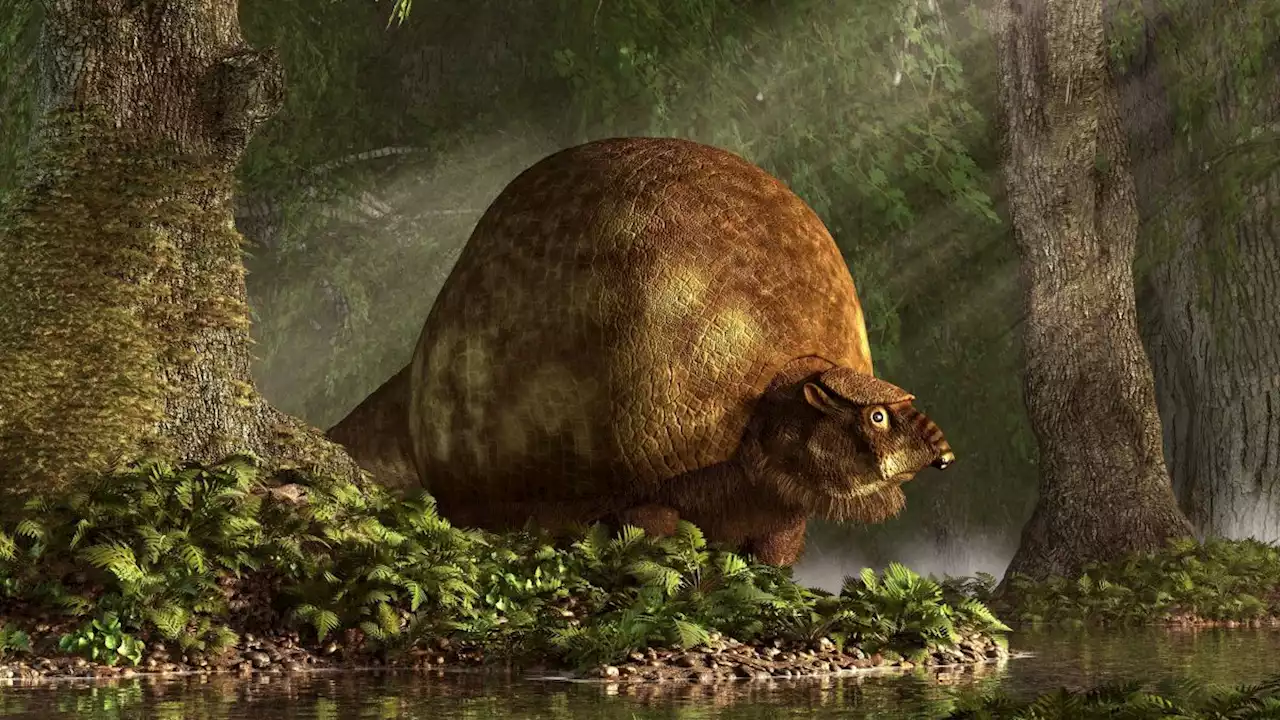Would mammoths still be around? 🦣
Humanity's fingerprint can be seen across the planet today, from the towering skyscrapers that define our modern metropolises to the pyramids and other ancient monuments of our past. Human activity also marks our sprawling open fields of agriculture and the roads that link everything together. But what would the world look like if humans had never existed?
"My great, great grandfather was able to observe flocks of thousands of parakeets in the natural landscapes, my grandfather saw flocks of a hundred, my father saw a few and I'm lucky if I can see two in the forests," Worthy said. Serengeti Earth Sören Faurby, a senior lecturer in zoology at the University of Gothenburg in Sweden, believes humans played a key role in the disappearance of many large mammals going back thousands of years. He led a 2015 study, published in the journal Diversity and Distributions , which suggested that, without humans, Earth would largely resemble the modern-day Serengeti, an African ecosystem teeming with life.
A 2021 study published in the journal Nature concluded that climate change ultimately wiped out woolly mammoths and other Arctic-dwelling megafauna that survived the end of the Pleistocene, as the warming climate made it too wet for the vegetation they ate to survive. The climate might also be different, and while it's difficult to say how humans and megafauna may have influenced climatic changes thousands of years ago with evidence obscured by time, it's much easier to judge our impact on Earth's climate today. Through global warming, caused by activities such as the burning of fossil fuels, humans have raised the average global temperature by about 1.8 degrees Fahrenheit since the beginning of the 20th century.
United States Latest News, United States Headlines
Similar News:You can also read news stories similar to this one that we have collected from other news sources.
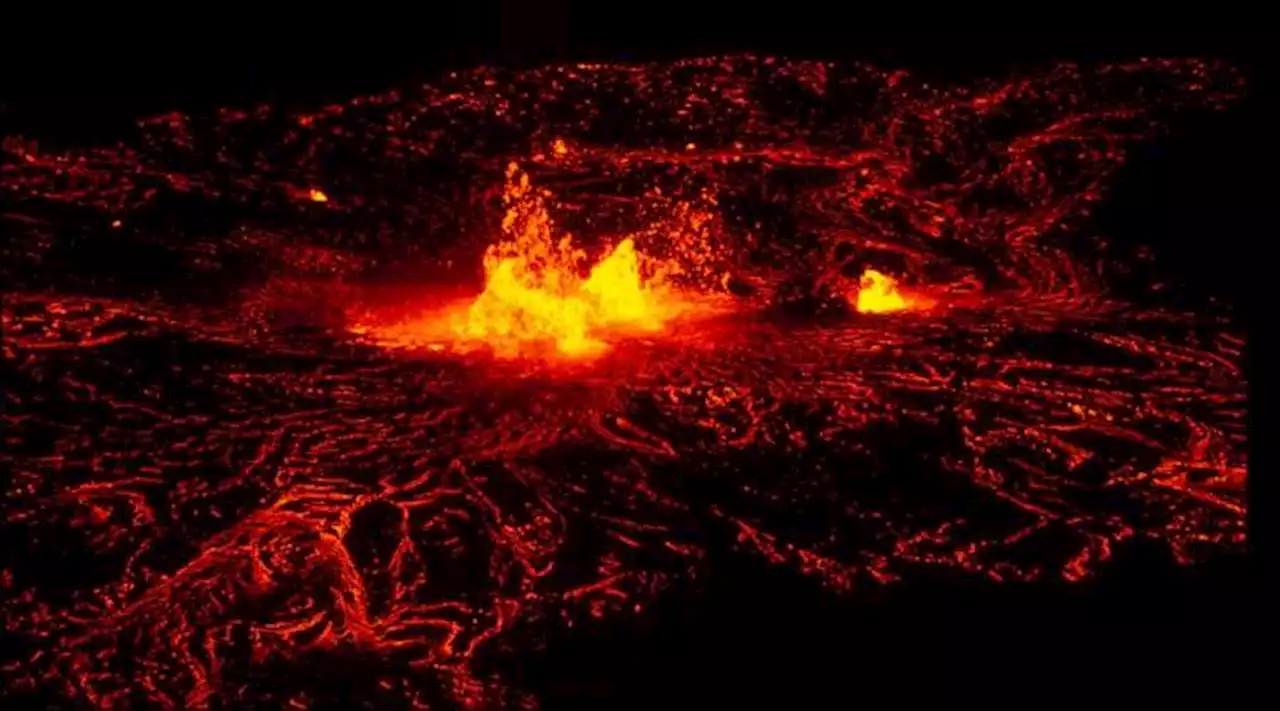 Ancient rocks reveal how earth avoided Mars-like fateThe development of earth’s solid inner core had everything to do with the rejuvenation of the swirling liquid iron in the planet’s outer core, which generates its protective magnetic field, something that Mars doesn’t have.
Ancient rocks reveal how earth avoided Mars-like fateThe development of earth’s solid inner core had everything to do with the rejuvenation of the swirling liquid iron in the planet’s outer core, which generates its protective magnetic field, something that Mars doesn’t have.
Read more »
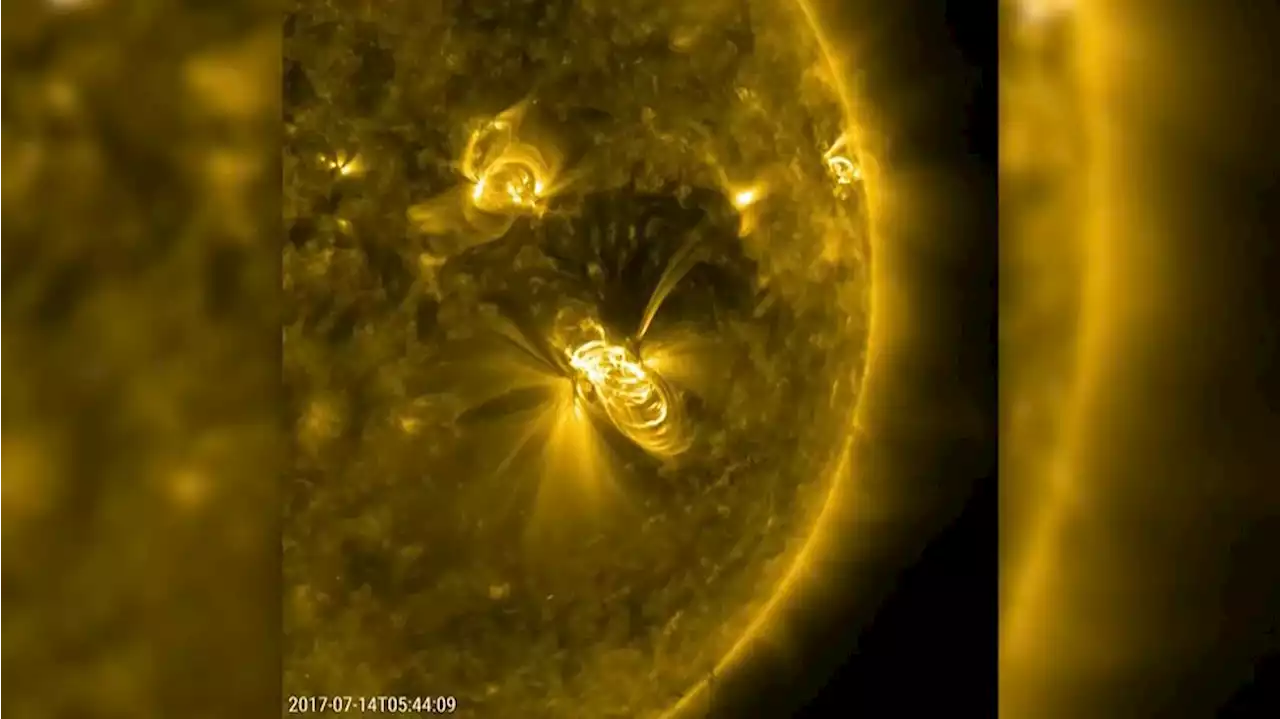 Huge solar eruptions will likely impact Earth, NASA saysNASA predicts the solar events will continue to increase from now into 2025.
Huge solar eruptions will likely impact Earth, NASA saysNASA predicts the solar events will continue to increase from now into 2025.
Read more »
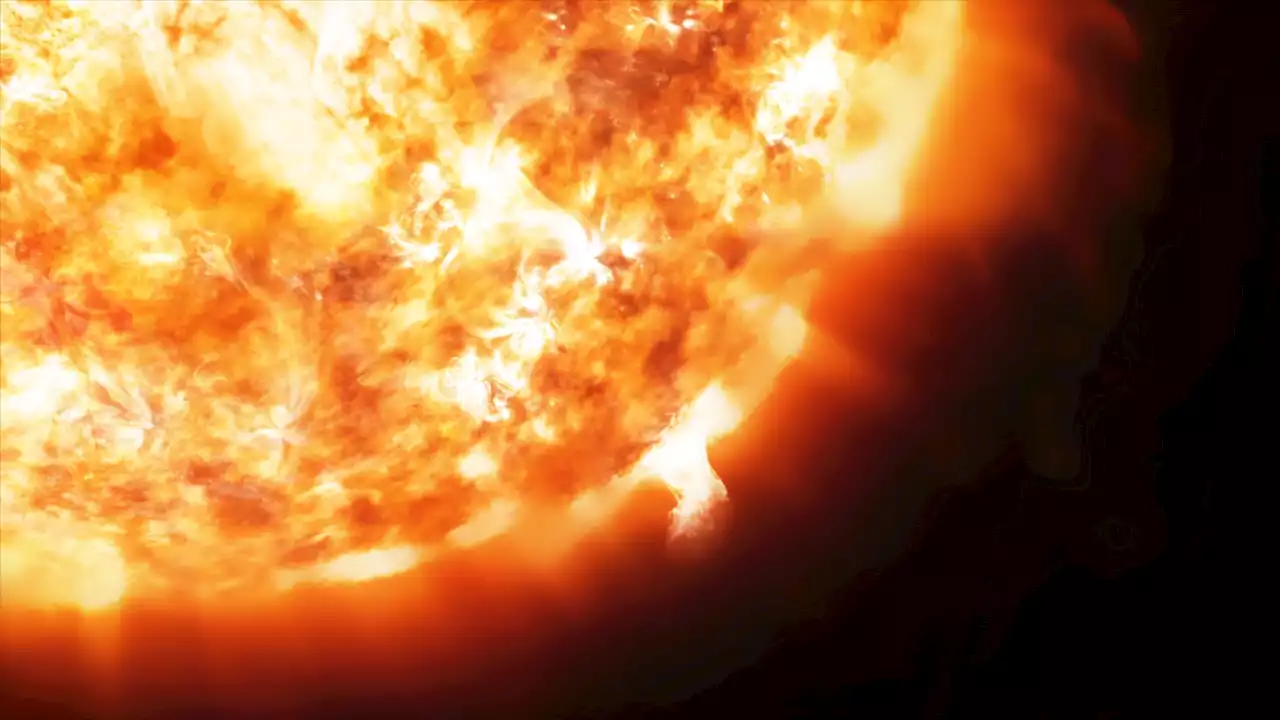 A solar storm emerging from a hole in the Sun will hit Earth on WednesdayA solar storm that has erupted from a hole in the Sun's southern atmosphere is expected to reach the Earth this Wednesday.
A solar storm emerging from a hole in the Sun will hit Earth on WednesdayA solar storm that has erupted from a hole in the Sun's southern atmosphere is expected to reach the Earth this Wednesday.
Read more »
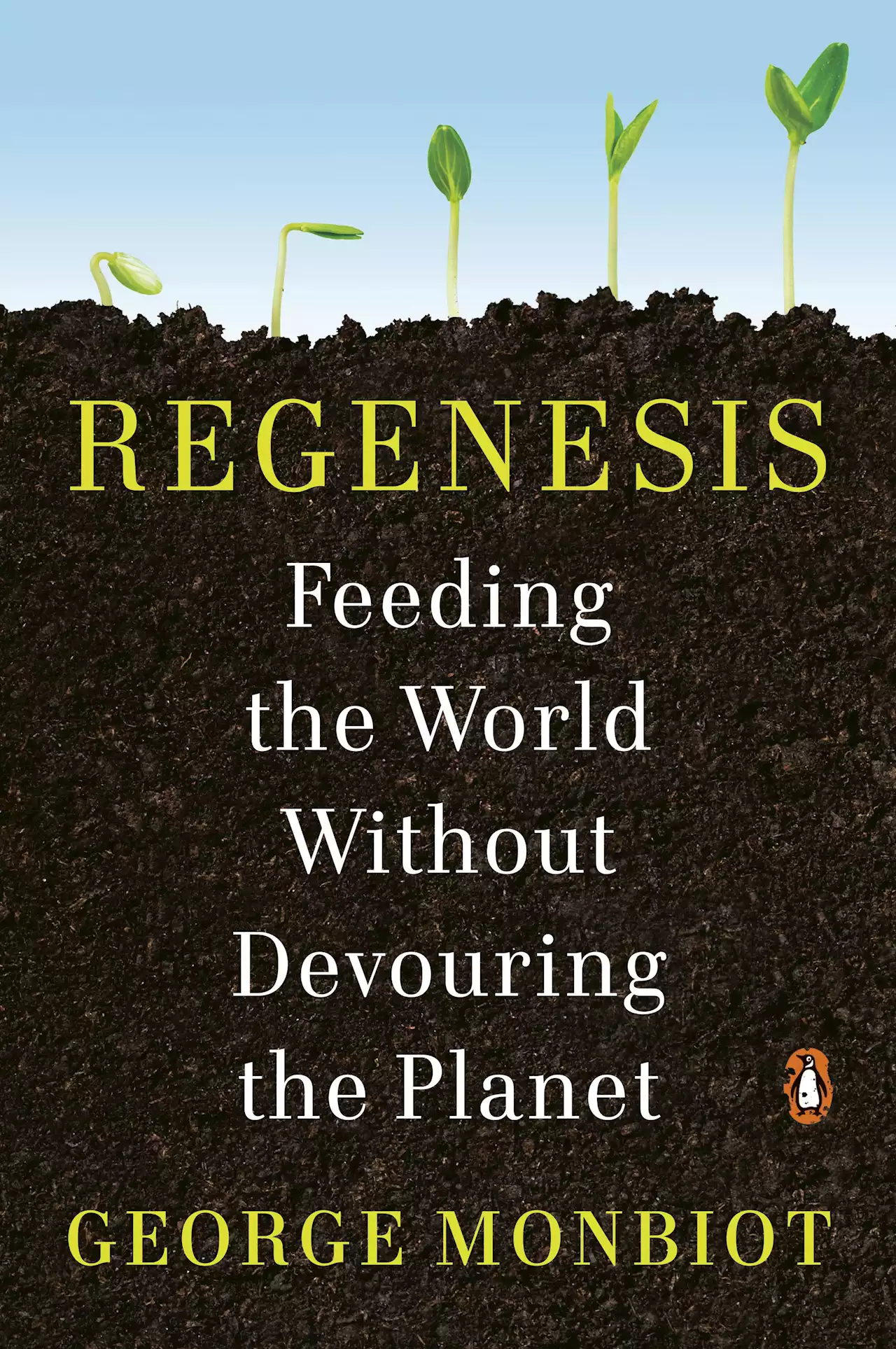 Review: How to stop industrial farming from ruining Earth“Regenesis: Feeding the World Without Devouring the Planet,” by George Monbiot (Penguin Random House) Cruising past farmlands in America — and elsewhere in the world — it’s hard to imagine that so much green could be so damaging to the Earth.
Review: How to stop industrial farming from ruining Earth“Regenesis: Feeding the World Without Devouring the Planet,” by George Monbiot (Penguin Random House) Cruising past farmlands in America — and elsewhere in the world — it’s hard to imagine that so much green could be so damaging to the Earth.
Read more »
 The Earth is spinning faster and some say it could have catastrophic effectsWe just experience Earth's slowest day in 50 years, but some say adding leap seconds to sync up UTC may not be a viable solution anymore.
The Earth is spinning faster and some say it could have catastrophic effectsWe just experience Earth's slowest day in 50 years, but some say adding leap seconds to sync up UTC may not be a viable solution anymore.
Read more »
